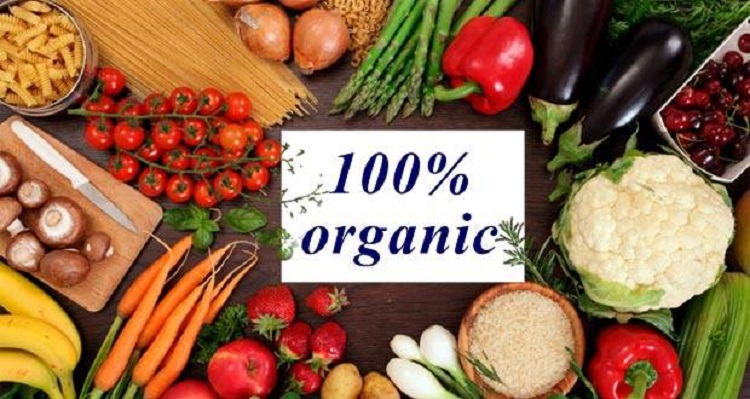Cancer is one of the most feared illnesses of today. A new study suggests that people who love to eat organic food are likely to develop such.
According to USA Today, a study out of France suggests that eating more organic food on a daily basis helps to prevent the development of cancer. A team of researchers performed a study on a total of 68,946 adult participants. All of them reportedly provided information on the frequency of their organic food eating habit.
The participants also detailed their drinks and supplementary diets. The researchers gave them a score, which was based on the frequency of their organic food consumption. The score ranged from "most of the time" to "I don't know."
The researchers revealed that they conducted about two follow-up appointments. The first one took placed sometime in 2009 while the other one was performed in 2016. From there, they started tracking any cancer diagnoses from the participants. It appears that breast cancer is the most prevalent one. Other cancers the researchers discovered include the likes of skin cancer, prostate cancer, non-Hodgkin lymphomas and lymphomas, and colorectal cancer.
Participants who were reported to have gotten higher organic food scores were very likely to develop cancer when compared to the rest of the group. For instance, people who consumed the most of this food have 25 percent fewer chances of getting cancer. Interestingly, the number even increased when researchers started looking at cases related to non-Hodgkin lymphoma.
This research, which was published recently in JAMA Internal Medicine, does not entirely suggest that organic food is the main reason why people are unlikely to be diagnosed with cancer. According to the study, the results may have been greatly influenced by the lifestyle of the participants, including different environmental and social factors.
The study also directly contradicts the previous research the researchers made. In particular, it directly linked intake of organic food to a minimal increase in the likelihood of developing breast cancer.
Three nutrition experts gave some commentaries, which were published in the aforementioned study, suggesting that there could be some weaknesses from the study. They cited the possibility of having flaws in the questions asked and used to measure the consumption of organic food by the participants. The authors also went to point out that the data revolving around the link between cancer and organic food is still a mystery. Hence, the public is urged to continue following a dietary guideline based on any ongoing recommendation.






